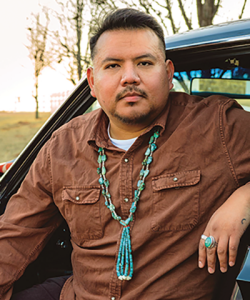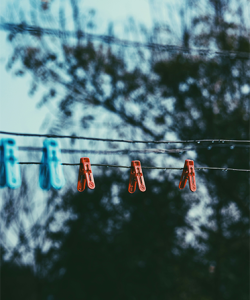Carrier of Meaning: A Q&A With Jake Skeets

With his second collection, Horses, award-winning poet Jake Skeets shows us how to contemplate the profundity of our interconnected world, holding space for both grief and beauty, the Anthropocene and queer eros.













